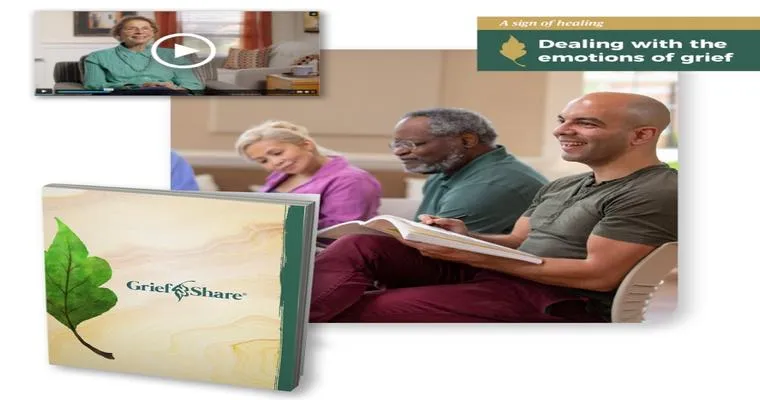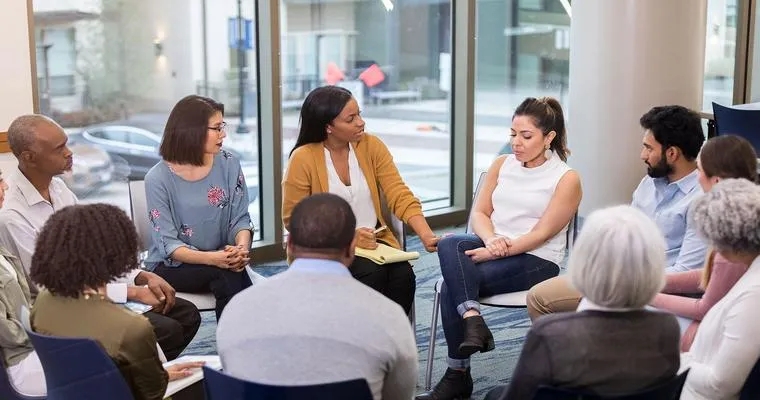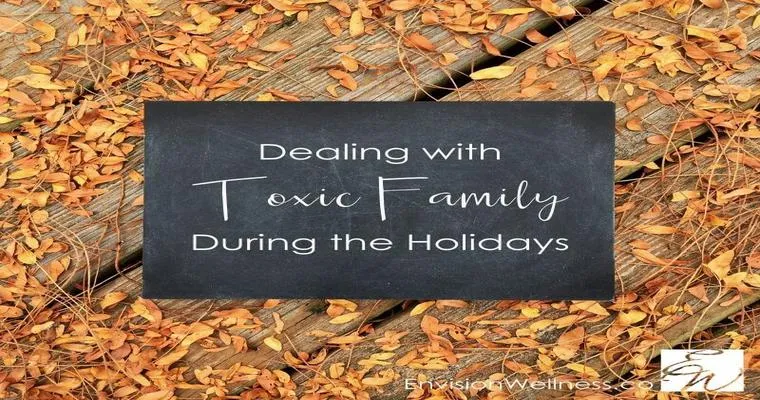Experiencing loss can be one of the most challenging times in life, making it crucial to seek help through "grief counseling" and "support groups". Understanding where to find these resources is essential for navigating the complex emotions that come with "bereavement". In this article, we will explore top tips for finding effective support during your grief journey.
Understanding Grief and Bereavement
Grief is a natural response to loss, encompassing various emotions such as sadness, anger, and confusion. "Bereavement" specifically refers to the period of mourning after a loved one's death. Recognizing that these feelings are normal can be the first step toward healing. However, it is important to know that you do not have to go through this process alone.
Where to Find Grief Counseling
1. "Local Mental Health Clinics": Many communities offer free or low-cost mental health services. Check with local clinics or hospitals to see if they provide "grief counseling".
2. "Online Therapy Platforms": With the rise of telehealth, many people are turning to online therapy for convenience and privacy. Platforms like BetterHelp and Talkspace connect you with licensed therapists who specialize in grief.
3. "Hospitals and Hospice Organizations": Many hospitals and hospice care centers offer grief support services. These programs often include individual counseling and group sessions led by trained professionals.
4. "Religious Institutions": If you are part of a faith community, consider reaching out to your religious leader. Many churches, synagogues, and mosques provide grief counseling and support groups.
Finding Support Groups
1. "Community Centers": Local community centers often host support groups for individuals dealing with loss. Check bulletin boards or websites for schedules and details.
2. "Non-Profit Organizations": Organizations such as The Grief Recovery Method and the American Hospice Foundation offer resources and directories for finding support groups in your area.
3. "Online Support Groups": Websites like GriefShare and Modern Loss provide online support communities where individuals can share their experiences and find comfort in knowing they are not alone.
4. "Social Media": Various social media platforms host groups dedicated to grief support. Search for groups on Facebook or other platforms that focus on bereavement and loss.
Tips for Choosing the Right Support
"Assess Your Needs": Before selecting a counselor or support group, consider what you need most. Do you prefer one-on-one counseling, or would you benefit from sharing in a group setting?
"Research Credentials": If you are seeking "grief counseling", ensure that the professional has experience and credentials in dealing with grief and loss.
"Attend a Trial Session": Many support groups and counselors offer free initial sessions. Use this opportunity to see if the environment feels comfortable and supportive.
"Trust Your Instincts": It is important to feel safe and understood in your support environment. If something does not feel right, do not hesitate to seek alternative options.
Conclusion
Finding the right grief counseling and support groups can be a pivotal step in your healing journey. Whether you choose to engage with a local therapist or join an online community, remember that reaching out for help is a sign of strength. By utilizing these resources and following these tips, you can navigate your grief journey with the support you need.





